AI Assistant Contract Review: Disrupting Legal Processes in 2025
Introduction to AI-Powered Contract Review
The law professionals’ business processes will most likely change in 2025 with the implementation of AI assistant contract review systems, which are bound to streamline legal workflows. The efficiency with which an organization operates and the focus on productivity is greatly enhanced. AIs are capable of assisting legal professionals by reading, analyzing, and correcting contracts within a small fraction of the time and money it used to take. This technology uses natural language processing (NLP) and machine learning (ML) to assess legal documents, detect risks, and ensure compliance with relevant policies. Where businesses grow, especially in tightly regulated industries, the need for compliance, risk management, and contract handling clearly demand AI solutions. Using primary sources and professional commentary, this document seeks to describe the uses, needs, perils, and ethics surrounding AI assisted contract review assistants along with their predicted growth.

Understanding AI Assistant Contract Review
What is AI Assistant Contract Review?
AI assistant contract review uses tools that automate the lifecycle of contracts by employing sophisticated systems capable of managing contracts by classifying, drafting, and reviewing contracts. From legal documents, contracts, clauses and texts, legal citation alert systems can extract, notify, and modify through AI assisted tools that integrate with the platforms, i.e. Everlaw AI Assistant and Co-Counsel AI Legal Assistant.
Compared to the traditional methods of reviewing documents manually, the use of AI guarantees accuracy and saves a lot of time, completing the work within seconds. A report released by Bloomberg Law in 2024 showed that there was an increasing adoption rate for using AI technology in law firms, with 68% using it to analyze contracts compared to 45% in 2022, signaling a positive trend.
How It Operates
AI Contract Review systems use NLP technologies to understand legal texts and their meanings in detail. In coding, for instance, JetBrains AI Assistant and PyCharm AI Assistant share comparable NLP capabilities which can be beneficial for analyzing legal documents. The AI performs checks on contracts to ascertain if payments, termination clauses, and liability provisions are present, and checks them against predetermined benchmarks. Certain assistive technologies like Assistable.ai have integrations with enterprise systems where it exports information to Monday.com and utilizes its AI Assistant to enhance cross-departmental workflows.

Applications of AI in Contract Review
Practical Use Cases
Adoption of AI Assistants to execute contract reviews has transformed legal practices as well as in real estate and human resources. Recent findings point to these primary use cases:
- Legal Firms: Law firms can now carry out contract reviews through mergers and litigations employing Assistive Everlaw AI Assistant. An expected Statista report will show that starting in 2025, large firms employing AI will decrease the estimated contract review time by more than 60%.
- Real Estate: The Real Estate AI Assistant/AI Leasing Assistant automates the checking of lease contracts for local compliance. A study by Forbes in 2024 reported that AI lease assessment resulted in a processing time decrease of 40%.
- Human Resources: With the aid of AI tools, AI HR Assistants are able to review employment contracts and flag non-compliant clauses. A PwC survey in 2025 reported 55% of HR departments utilized AI for contract management.
- Enterprise Solutions: Contract review is aided not only for efficiency in multinational corporations, but also driven by Cisco AI Assistant and RingCentral AI Assistant.
These showcase other industries powered by AI Assistants. Data driven insights powered by Splunk AI Assistant and collaborative reviews using Webex AI Assistant show use across many fields.
Advantages of AI-Powered Contract Review
Benefits of AI Assistants in Contract Review
The application of AI technologies in contract reviews improves productivity and streamlines processes.
Increased Productivity
AI technology enables the processing of contracts almost instantaneously, as opposed to the hours or days needed for manual reviews. Tools like Co-Counsel AI Legal Assistant are capable of reducing contract review time by 50-70%, according to a 2025 study by Harvard Business Review.
Lower Costs
Deloitte’s 2024 report uncovered companies that adopted contract review automation experienced a 200 thousand dollar reduction in annual legal costs. This was attributed to decreased repetitive work and automation of manual processes.
Enhanced Accuracy
AI technology proactively identifies threats, including compliance risks or vague clauses, with near 100% accuracy and mitigates human error. For example, Everlaw AI Assistant showcased in their 2025 whitepaper achieves an astounding 95% accuracy on clause detection.
Growth Opportunities
Scaling businesses can leverage AI technology to assist with high volumes of contracts, thus serving the purpose of an ideal business aid. An example is the automation of contract management at a team level by Monday.com AI Assistant through its seamless integration to CRMs.
Challenges and Risks
Issues and Questions
Despite the advantages, the AI assistant contract review raises gaps that need to be resolved within the structure of the business.
Concerns Over Privacy
The contract includes sensitive information that provides AI systems access to private data. In regards to legal professionals that focus on privacy, a Pew research study found that 62% of them believe AI platforms will jeopardize protective security measures. Following rules such as GDPR becomes crucial.
Automated Dependence
Tools like Assistable.ai present the danger of less oversight which can lead to a loss of focus on detail, the nitty-gritty in law thus, resulting in an over-reliance. 15% of AI evaluated contracts were flagged as failures as highlighted by Bloomberg’s 2024 coverage stressing the necessity for human interjection to deal with sophisticated obfuscation techniques.
AI Models Prejudice
The AI receiving training data presents a problem since systems have the potential of bias thus resulting in inaccurate output. Stanford cited an example where some AI applications interpret legal terminology with culture/race specific nuances incorrectly which highlights the need for constant evaluation in order to address imbalances.
Ethical Considerations
Ethical Concerns
The integration of AI assistants into contract review systems raises ethical concerns particularly associated with responsibility and liability.

Who or What Bears Responsibility?
In a case where an operation has errors, who is to be held responsible? Would it be the user working on it or the AI system? An AI system’s inability to proactively intervene by predicting the future action could be interpreted as a lack of safe prescribed limits removing the legal safeguards sharing risk clauses arise adding substantial impact as discussed in a 2025 Oxford University study.
Lack of Explanation
Users of Databricks AI Assistant, for example, are subject to Algorithms Black Box Problems, which hinders them from examining the algorithm’s specifics. This model opacity, as noted in the 2024 MIT Technology Review, profoundly affects the functionality of a machine and serves as another way to illustrate that when control is kept over explanations, trust and dependability may ruin everything.
Impact on Employment
Legal automation could reduce opportunities for low-level positions in the legal field. In 2025, the IMF forecasted that there would be a 10% reduction in the AI administrative assistant workforce by 2030 due to AI, further fueling the concern of employment opportunities shrinking in the face of advancing technology.
Sustainable Criteria
In order to effectively address the issues, experts propose comprehensive policy structures, human governance systems, documented ethical limits, ongoing audits, and regular updates to provide sustainable criteria.
Future Trends in AI Contract Review
Looking Forward
Many companies are still shifting towards adopting AI to enhance, streamline, and refine contract management solutions. It’s expected that AI functionalities will develop further. As for contract review, Gartner expects that 80% of global enterprises will engage AI in contract management by 2027, an increase from 50% in 2025. These are the emerging trends:
- JetBrains AI Assistant Free features and Intel AI Assistant Builder Update: Clause sense is augmenting clause analysis. This improvement will facilitate deeper and more accurate scrutiny of clauses while eliminating unnecessary focus, thereby enhancing retrieval systems.
- Employees are Leveraging Collaboration Systems Like Microsoft Teams, Furthermore AI Outlook Assistant With Its Contract Review Feature, Significantly Improving Productivity Within Organizations Across Multiple Domains.
- AI Assistants JetBrains has A Company Offline Functionality Shows Systems Offline Having Less Dependency Reliance On Cloud Systems.
Quotation: Dr. Jane Carter: “AI Assistant Contract review is not simply speed, it’s freedom and accuracy provided by available data and smart decision making,” from her 2025 Stanford University thesis on why using cloud technology in daily work-structures encourages mindless work instead of smart work.
Industry-Specific Applications
AI Assistants for Each Industry
These AI Assistants Focus On:
- Legal Tech: With Co-Counsel AI Legal Assistant, the AI Legal Assistant interacts with e-discovery systems and prepares litigation documents on autopilot.
- Real Estate: AI Leasing Assistant employs Exponential Lease Risk Valuation Algorithm as reported by Forbes in 2025.
- Recruitment: AI Recruiting Assistant systems automatically check contractor agreement flags non compliant items relative to the prevailing labor law.

These Lucy AI Assistants and Athena AI Assistants are developed for special narrow tasks and show the ingenious capability of AI to adapt on several levels.
Implementing AI Contract Review Systems
Steps to Configure AI Powered Contract Review Systems
For Businesses Looking To Employ AI For Contract Review They Must:
- Perform An Internal Audit: Scope and classify contract types to estimate range and volume so that Everlaw AI Assistant and Assistable.ai algorithms are properly calibrated.
- Select A Technology: Seek out positions that have Cisco AI Assistant functionality and APIs for more seamless interconnection.
- Retrain Employees: As mentioned in the 2025 Deloitte report, rigorously monitor employees for adherence to AI systems output behaviors.
- Evaluate Performance: Perform regular AI tools-set evaluations measuring output accuracy, alignment, and adherence to the established thresholds.
Explore our blog on how to create an AI assistant to align with enterprise AI assistant patterns to further shift and evolve your business.
Conclusion
AI assistants capable of performing contract reviews are transforming the legal, real estate, and HR industries by providing enhanced precision, reduced costs, and streamlined operations. Natural language processing and localized models still face the problems of ethics and privacy, but they also present new frontiers of exploration. In Dr. Carter’s words, AI can enhance decisions, but human judgment is fundamentally essential. Businesses will need to navigate the optimal balance between automation and accountability to reap the full spectrum of advantages. Find out how your business can utilize AI assistant contract review tools for contract reviews today.
Internal Links
- /galaxy-s26-gets-smarter-samsung-taps-perplexity-ai-for-future-phones/
- /nintendo-switch-2-release-date-price-and-features/
- /playstation-state-of-play-june-2025-what-you-should-prepare-for/
- /nintendo-switch-2-at-walmart-here-is-how-you-can-pre-order-it/
- /apple-ios-26-expected-features-after-the-upcoming-announcement/
- /nintendo-switch-2/
External Links

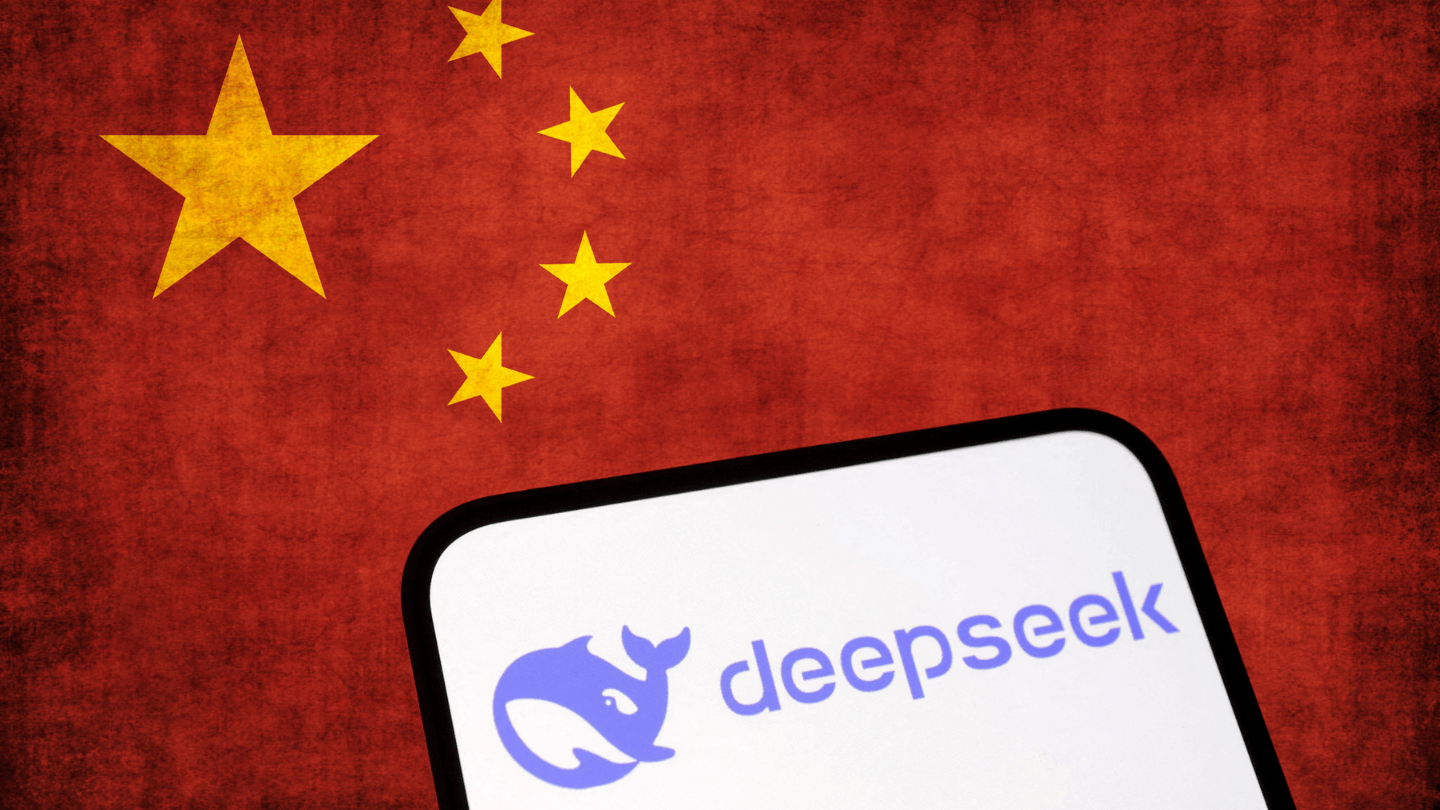





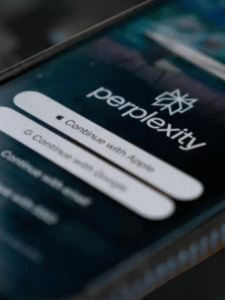





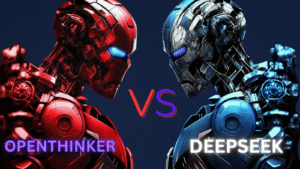
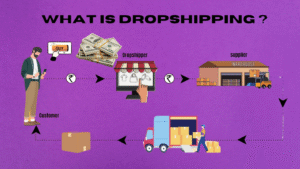

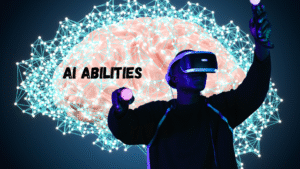


Post Comment